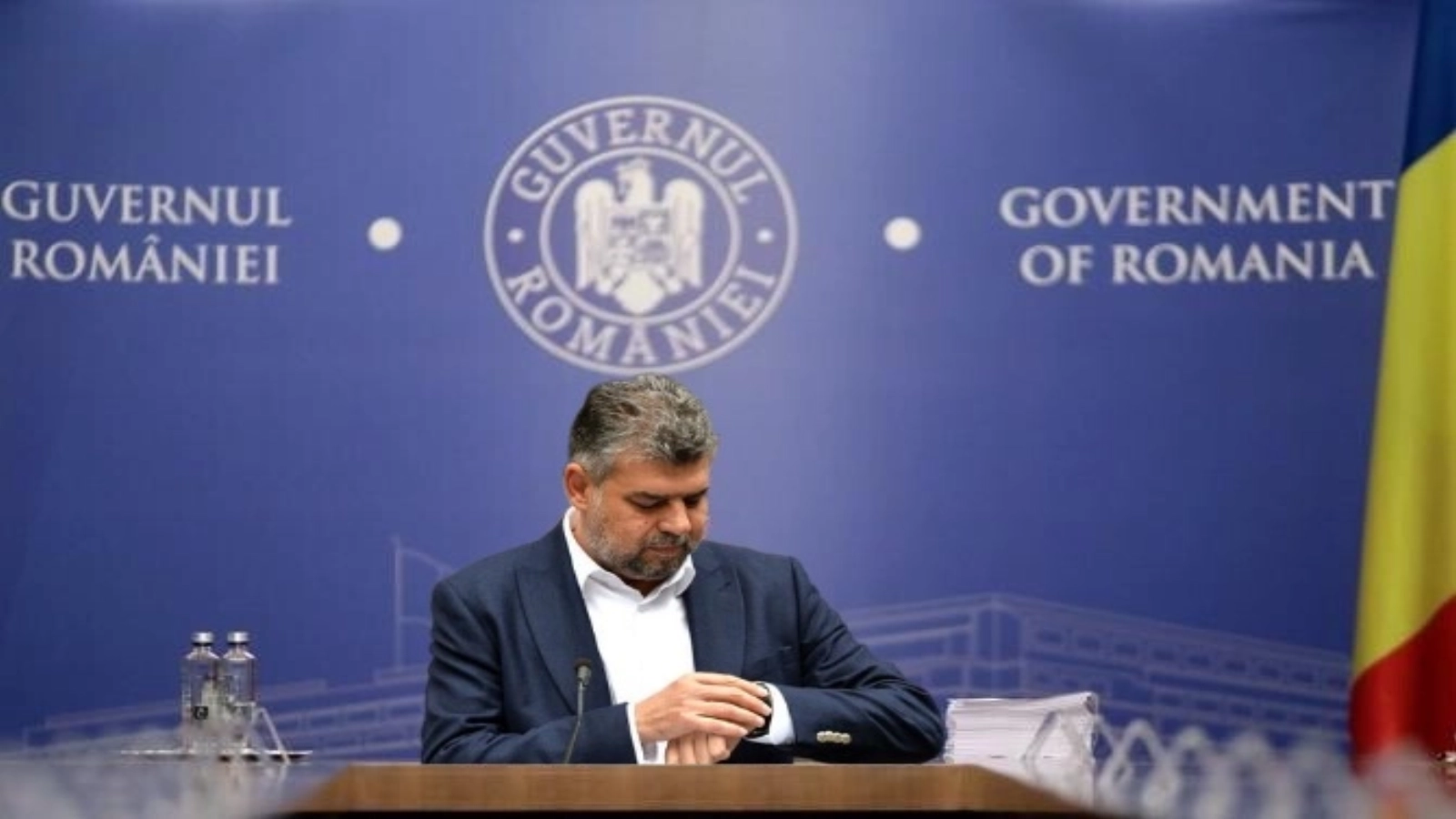The year 2025 might be a turning point in budgetary consolidation through new fiscal/budgetary measures that will help Romania to exit the excessive deficit procedure, even if not immediately, Daniel Daianu, president of the Fiscal Council, told AGERPRES.
"The new pension law aims at correcting blatant inequities in the public pension system and helping its long-term sustainability. The law has benefited from a sound analysis by the World Bank and is included as a milestone in the PNRR [the National Recovery and resilience Plan]. There is, however, the question of budgetary impact in the immediate and medium term. The adoption of the pension law comes in the context of a very complicated budget execution in 2023, which is likely to end with an ESA deficit (including deferrals) of around 6% of GDP. The coming years will be marked by the need to achieve a budgetary correction towards a deficit of 3% of GDP, in order to comply with the requirements of the exit from the excessive deficit procedure in which Romania finds itself. And what matters more, in order to keep the public debt under control and to have an unproblematic financing on the markets," said Daniel Daianu.
The Fiscal Council president said that the pension indexation by 13.8% as of January 1, 2024 has an estimated budgetary impact of about 15.5 billion RON (0.9% of GDP), and the recalculation of pensions in payment as of September 1, 2024 an estimated budgetary impact of about 10 billion RON (0.6% of GDP) in 2024 and about 33 billion RON (1.8% of GDP) in 2025. The new pension law means an increase in permanent public budget expenditure and accentuates the structural deficit, he says.
"The Fiscal Council (FC) considers it imprudent to compensate this increase in permanent expenditure with a presumed better collection of tax revenues (for example, the increase in revenues from digitisation). The deficit target of 5% of GDP leads one to think of the experience of 2023; the FC assessment stands at around 6.4% based on macroeconomic projections and assuming that no forced spending freezes and cuts (as was done in 2023), some postponed to 2024, will be resorted to. If better collection occurs, the budget rectification will record it. The tax measures announced by the government, which are set to operate in 2024, would, according to MF [Finance Ministry] estimates, bring in around 1% of GDP in additional revenue. Without credible compensatory measures, it is difficult to put the budget deficit on a firm consolidation path in the foreseeable future. Romania needs fiscal space to bring the deficit below 3% of GDP in order to cushion future shocks," Daianu explained.
According to the Fiscal Council president, it is difficult to avoid pro-cyclicality in macroeconomic correction when the deficit is so high, however, an intense absorption of European money that mitigates the effects of a contractionary policy could help.
He said that if the corrective measures are credible, whether they have effects over time, and the absorption of European funds is intense, there is no risk of deterioration of Romania's rating.
According to the FC president, budgetary consolidation is very slow because repeated shocks have shaken the economy - the pandemic, the energy crisis, the war in Ukraine, but also on account of budget construction flaws, with overestimation of revenues and underestimation of expenditures, and of imprudence.
He also explained that a clear fiscal consolidation, even if not rapid, can reassure markets, keep the economy attractive to investors and together with reforms under the PNRR and major public and private investments would increase potential GDP and sustain above average economic growth in the EU. It would also bring a significant reduction in the current account deficit.
































Comentează